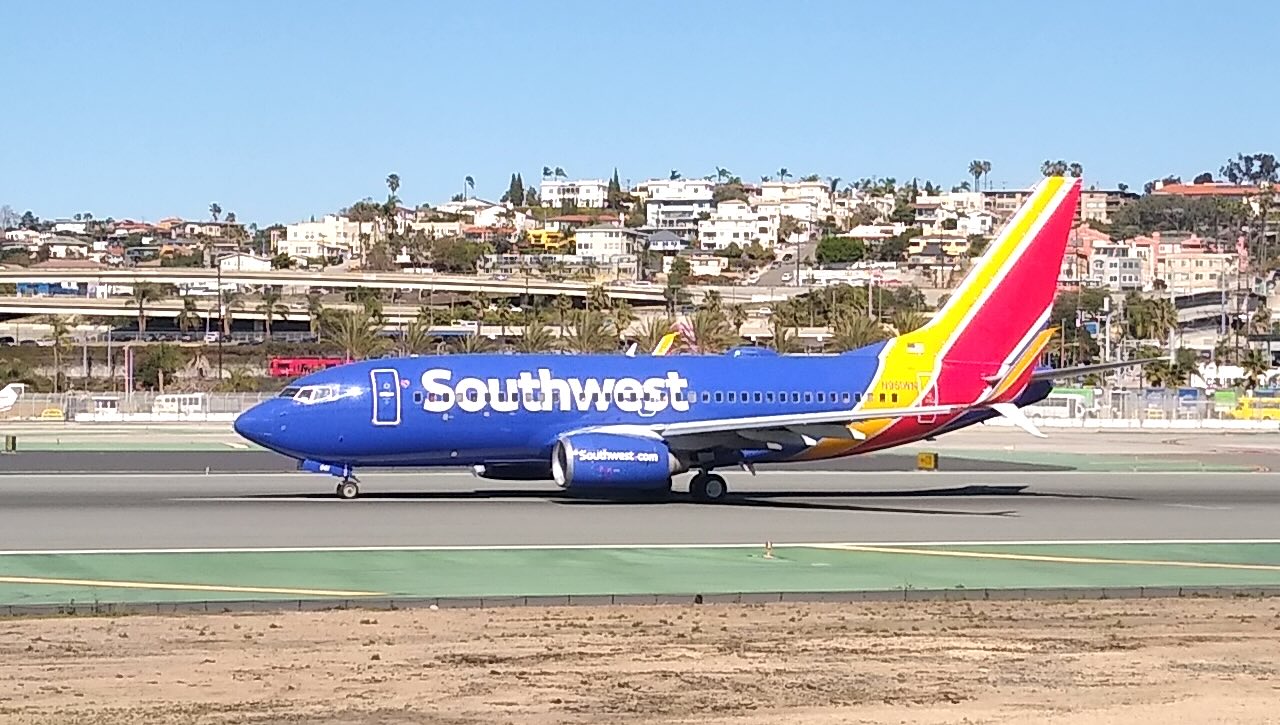
Southwest Airlines puts sustainability and efficiency at the center of its business operations to support its low-cost competitive strategy and its corporate social responsibility (CSR) and environmental, social, and corporate governance (ESG) strategy. The industry’s competitive condition comes with the tendency of airline companies to outcompete each other in terms of sustainability and other programs for CSR and ESG objectives. Southwest’s competitors, like Delta and United, have competitive sustainability programs for boosting their respective brands and desirability from travelers’ point of view. Southwest’s corporate citizenship strategy includes this competitive aspect to optimize beneficial effects for stakeholders and the business organization.
The strategic significance of Southwest’s stakeholders revolves around their ability to influence the business and, thus, its CSR/ESG programs. For example, investors are interested in the profitability and growth of the commercial aviation business and are more likely to invest when the company shows improving financials. Also, stakeholders are significant because they are included in the business goals based on Southwest’s mission and vision, which prioritize affordability, customer service, efficiency, and profitability. Thus, the company’s ESG/CSR programs are tailored to stakeholders’ interests in the airline business and designed to fulfill the requirements of its mission statement and vision statement.
Southwest’s CSR/ESG Programs
Southwest approaches its corporate citizenship goals through programs that satisfy the basic requirements of the business. These requirements include satisfactory service for travelers, efficient operations, and business growth despite competition with other airlines. The following are the major components of Southwest’s CSR/ESG strategy:
- Service for our people
- Respect for our planet
- Strong business performance
Service for our people. Southwest’s highest CSR/ESG priority is for people, inclusive of employees, customers, and communities. As stakeholders, employees and customers affect the airline company’s business effectiveness and revenues, respectively. The stakeholder group of communities affects Southwest in terms of brand value, service attractiveness, and customers’ overall perception. For employees, the company has human resource management programs, benefits, and compensation packages that point toward goals for job satisfaction. For customers, the company’s corporate social responsibility strategy focuses on safety and service quality to satisfy travelers’ expectations. For communities, Southwest’s environmental, social, and corporate governance approach involves investments in programs for economic, social, and environmental resilience. These corporate citizenship programs extend the company’s impact to benefit the social aspect that influences and is influenced by the airline industry. The specifics of this component of Southwest’s CSR/ESG strategy involve addressing industry trends, including economic, social, and ecological factors.
Respect for our planet. Ecological conservation and improvement are a component of Southwest’s CSR/ESG strategy. Considering the planet as a stakeholder, the company aims for sustainable operations despite the challenges in mitigating the environmental impact of pollution linked to commercial aviation. Efficiency and, consequently, sustainability, are ingrained in Southwest’s business processes because of the company’s prioritization of low costs. Low costs ensure attractive airline services. At the same time, with this ESG/CSR strategy, efforts for efficiency in Southwest’s operations management support low business costs, competitive prices, and a more efficient and sustainable business organization.
Strong business performance. While supporting its corporate citizenship, Southwest continues its focus on its fundamental business goals, including competitiveness and strong financial performance. Strong business performance targets the interests of investors in the airline business. These stakeholders are interested in growing the value of their investments through Southwest’s business growth and profitability. The company’s CSR/ESG strategy, including sustainability programs, all point toward a stronger and more competitive airline business. Along with these beneficial effects of corporate citizenship on the business, strong performance is also supported through Southwest’s competitive strategy and growth strategies. For example, these strategies include low costs for competitively priced services, as well as market penetration for business growth and development. Thus, the airline company’s CSR/ESG strategy works with the other strategies of the business.
How do Southwest’s CSR/ESG programs affect stakeholders and business sustainability?
Southwest’s corporate social responsibility programs promote job satisfaction among employees, as well as a positive customer experience among travelers. Through the benefits of the company’s CSR/ESG efforts, employees can achieve job satisfaction and related benefits, including their desired work-life balance. Southwest’s company culture (work culture) helps maintain a desirable workplace that supports employees’ interests in the business. On the other hand, customers benefit from low prices linked to low costs achieved through high efficiency and the sustainability targets of Southwest’s ESG/CSR programs. The effective implementation of these programs also means satisfactory customer service for travelers.
Southwest’s CSR/ESG strategy ensures strong financial performance that benefits the stakeholder group of investors. For these stakeholders, the company employs other strategies to support its corporate citizenship. For example, Southwest’s marketing mix (4Ps) and related marketing strategies and tactics improve business performance to satisfy investors. Also, programs for sustainability and corporate citizenship add value to the airline brand and enhance the competitive advantages enumerated in the SWOT analysis of Southwest. Consequently, these CSR/ESG programs improve the financial performance of the airline business and help satisfy investors’ interests.
Southwest’s strategy for environmental, social, and corporate governance effectively includes sustainability for the benefit of communities, which are stakeholders interested in their development and the positive ecological impact of the business. This corporate citizenship approach stresses the importance of sustainable operations, which minimize business impact on communities’ environment. Considering that Southwest’s CSR/ESG strategy supports various programs for communities, this strategy has a multifaceted beneficial effect for these stakeholders.
References
- Caraveo Gomez Llanos, A. F., Vijaya, A., & Wicaksono, H. (2023). Rating ESG key performance indicators in the airline industry. Environment, Development and Sustainability, 1-25.
- Southwest Airlines – Environmental Sustainability Initiatives.
- Southwest Airlines – Our People and Culture.
- Southwest Airlines – Performance and Governance.
- Southwest Airlines Code of Conduct.
- U.S. Department of Commerce – International Trade Administration – Aerospace Industry.
- Weston, P., & Nnadi, M. (2023). Evaluation of strategic and financial variables of corporate sustainability and ESG policies on corporate finance performance. Journal of Sustainable Finance & Investment, 13(2), 1058-1074.